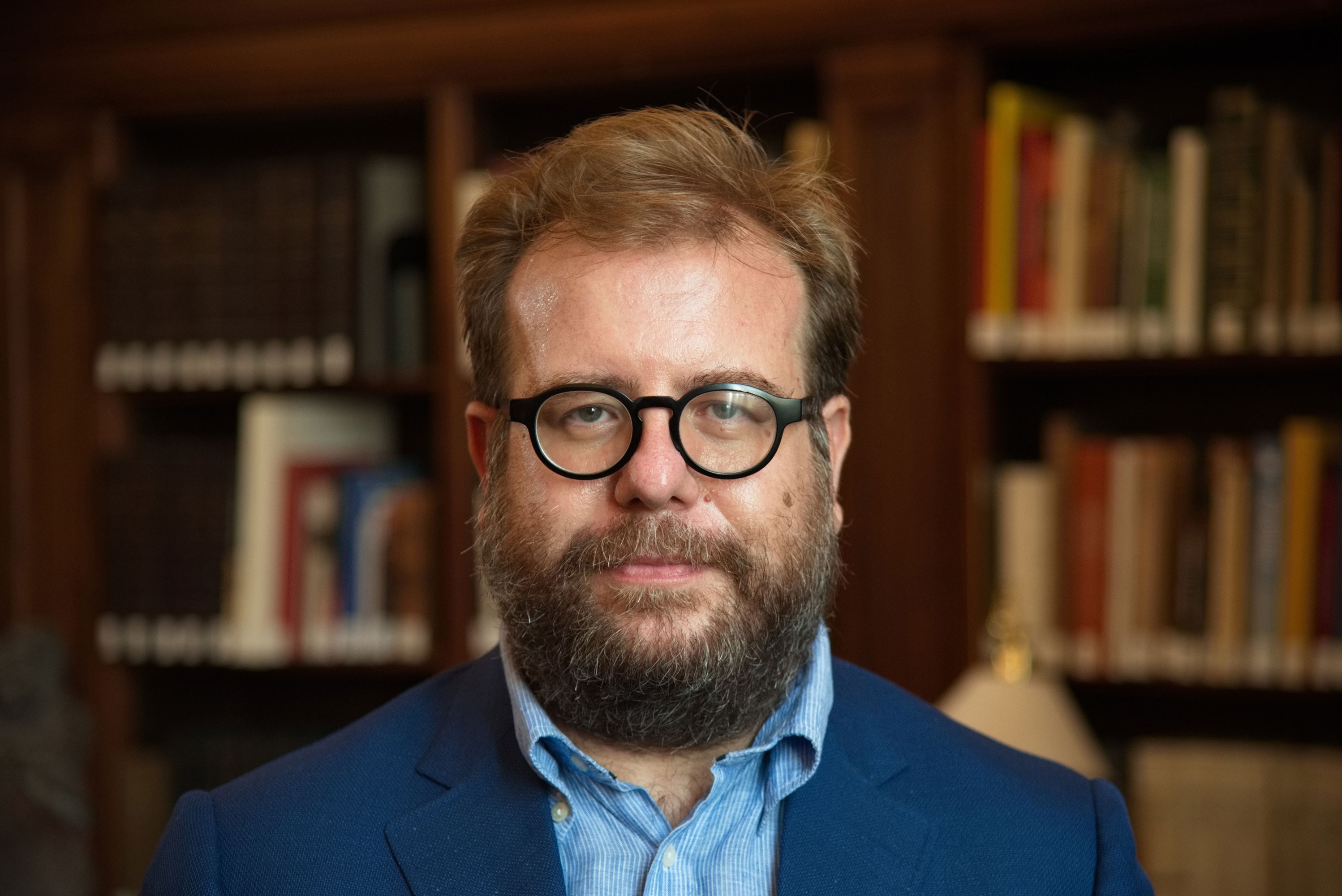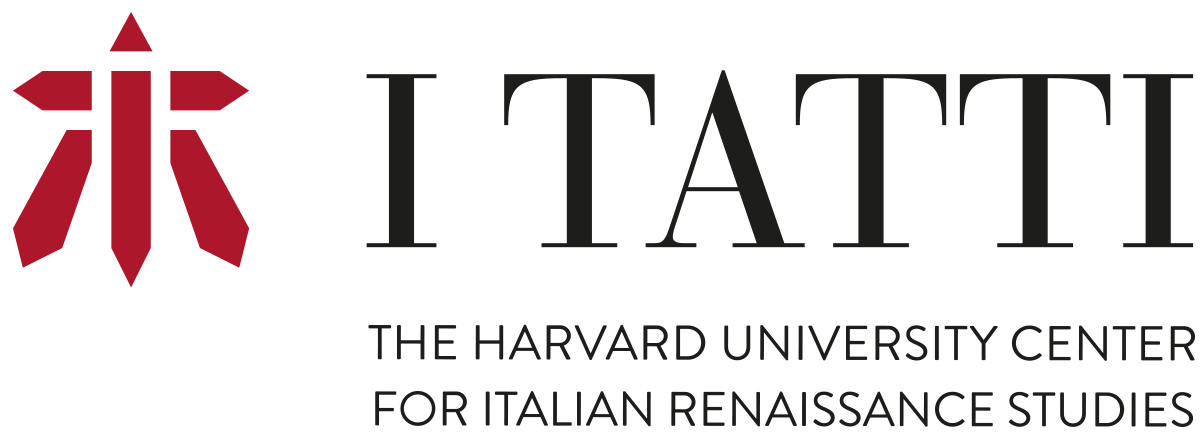Davide Lacagnina
Surrealist Renaissance: Old Masters, Art Histories, Other Modernities
2022-2023 (September-December)

Biography
Davide Lacagnina is Director of the School of Specialization in Art History at the University of Siena. He has conducted postdoctoral research on topics related to late 19th-early 20th century European Art and Politics, and especially on Symbolism, Futurism, Surrealism and Interwar Italian Art; on Modern Art Criticism and Collecting; on Cultural Diplomacy and the History of Exhibitions. Recipient of several research grants (Barcelona, UPF, 2006; Paris, INHA, 2007 and 2009; Rovereto, Mart, 2011-2013; University of Siena, 2013-2016), he was Affiliated Scholar at the Nationalmuseum of Stockholm (2017) and Visiting Professor at the Pontificia Universidad Javeriana de Bogotá (2019).
Project Summary
The research aims to investigate the interests surrealist artists had in Italian Renaissance, and review, under a new light, episodes of visual inter-textuality, remediation, direct citation or general inspiration, in which Surrealist production clearly establishes an open dialogue with 15th-16th centuries Italian Art. Museums and exhibitions’ displays and private collecting, historiography and traditional artistic education played an important role in the rediscovery of Old Masters and provided generations of artists of the long Surrealism with extraordinary examples to look at and reconsider, within their poetics and politics. The ideological tensions around the political nature of Surrealism reflect the different positions of the historical, critical and intellectual debate on the contribution of the movement to the definition of the canon of modern art: did it open the way to modernism? Or did it rather contradict it, questioning its principles? Can the reference to Old Masters complicate this evaluation, branding the movement as a back-looking rearguard? Or can Surrealism, with its disruptive charge, free the modern historiography of Renaissance otherwise, opening for it new paths and questioning already established canons? The research intends to answer these questions, comparing artistic production, historiography, and political thought, facing gender, diaspora, ethnicity, materiality and geopolitical issues within modernism and its hegemonic account.
